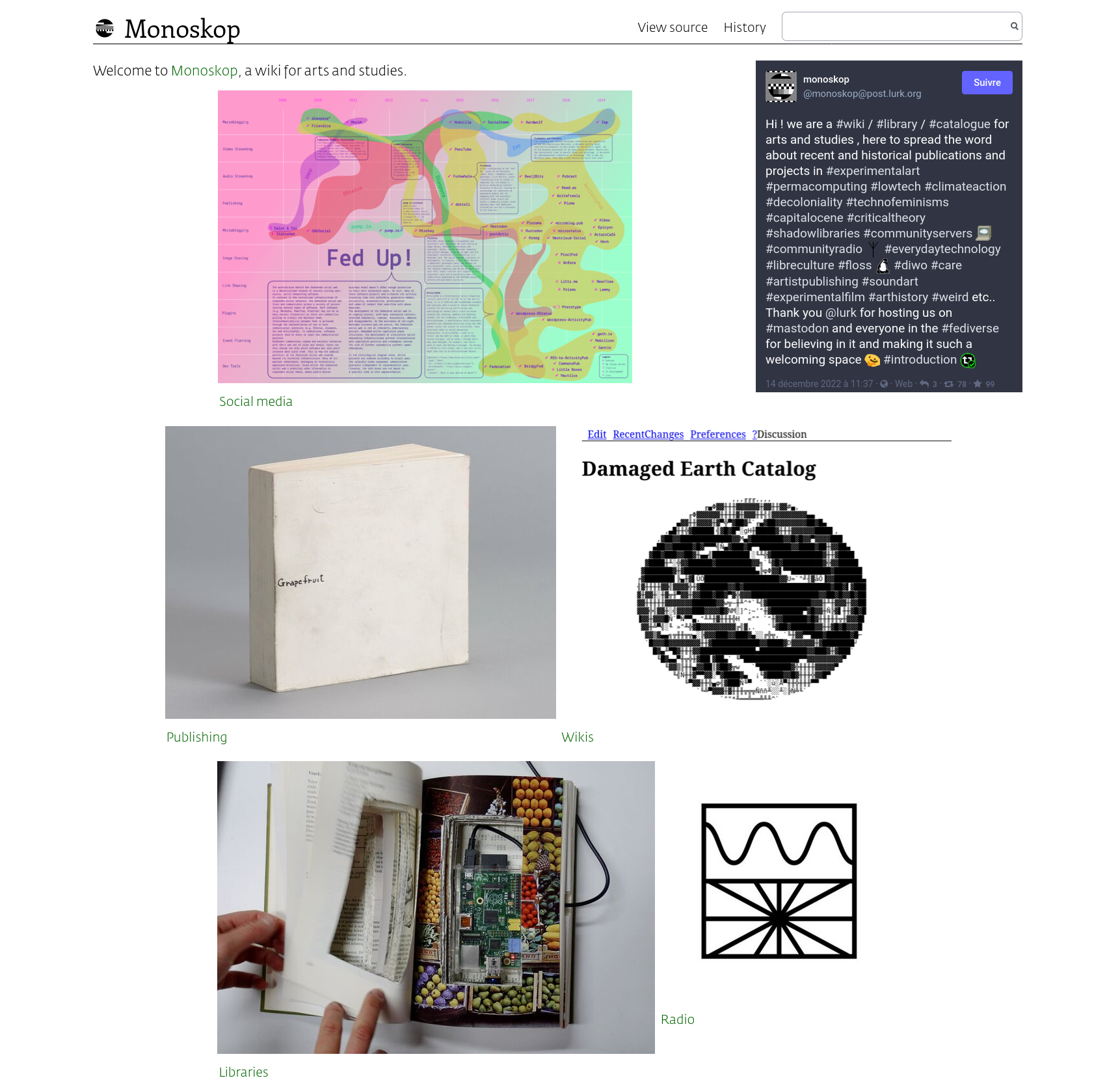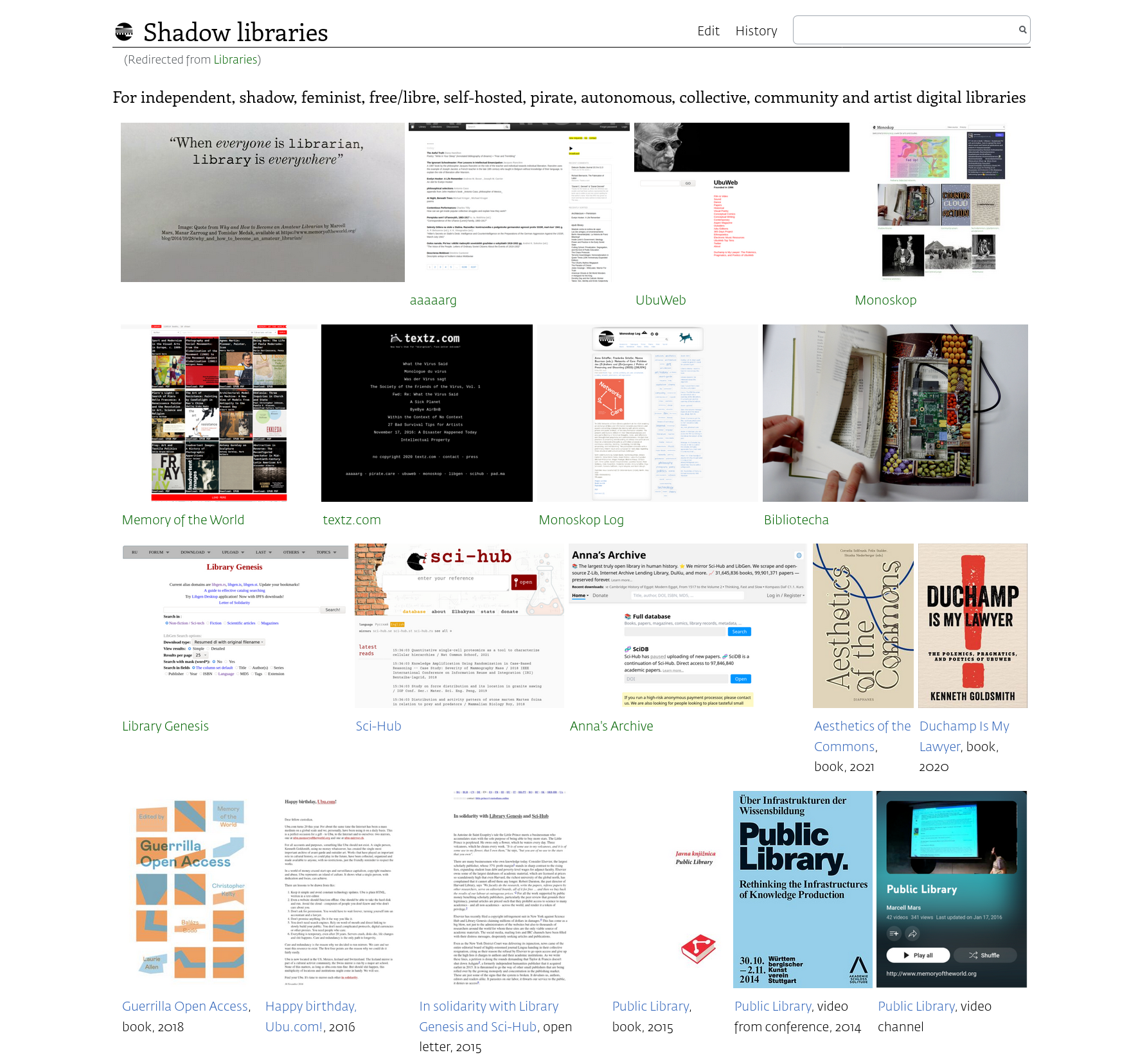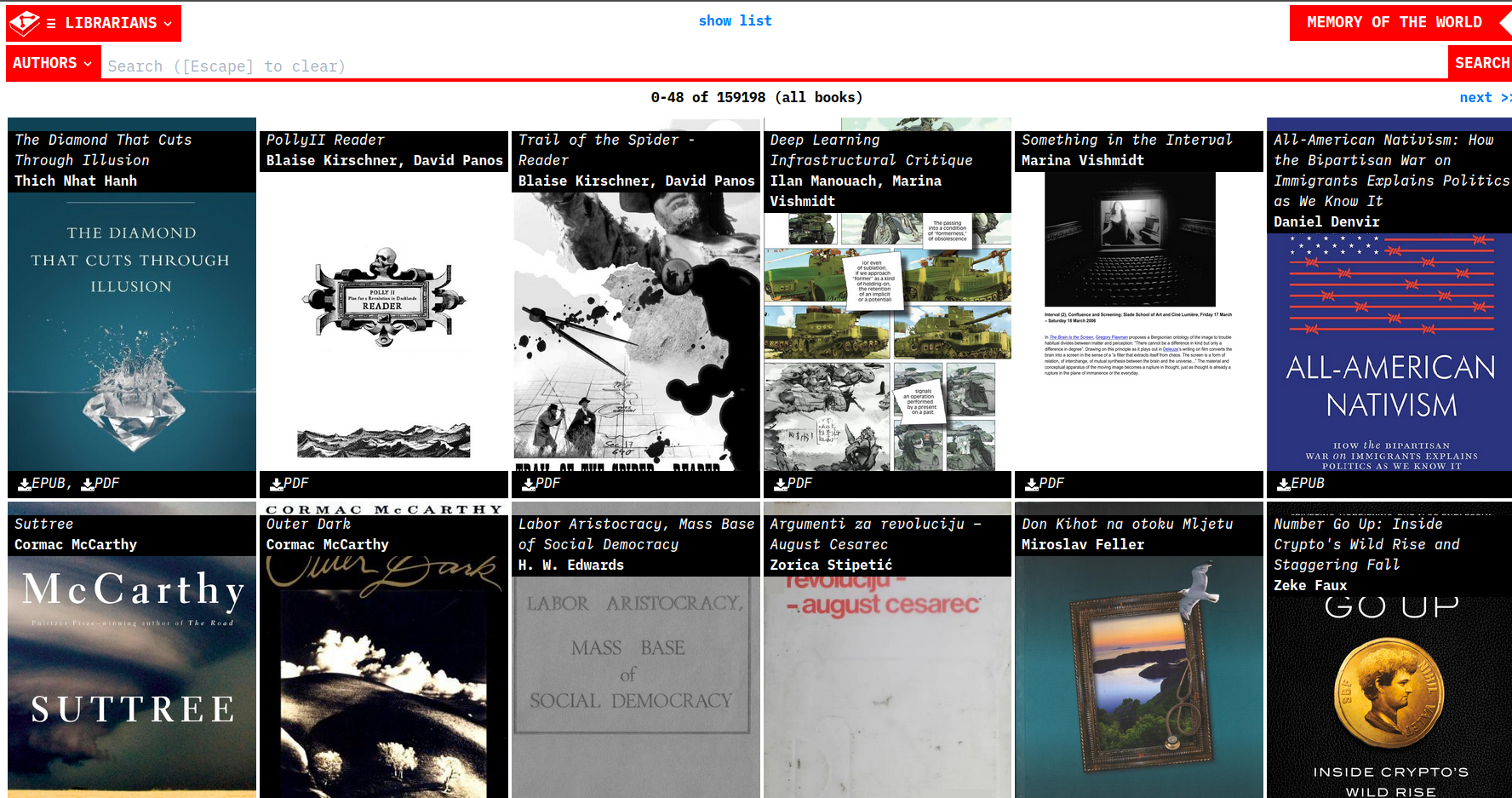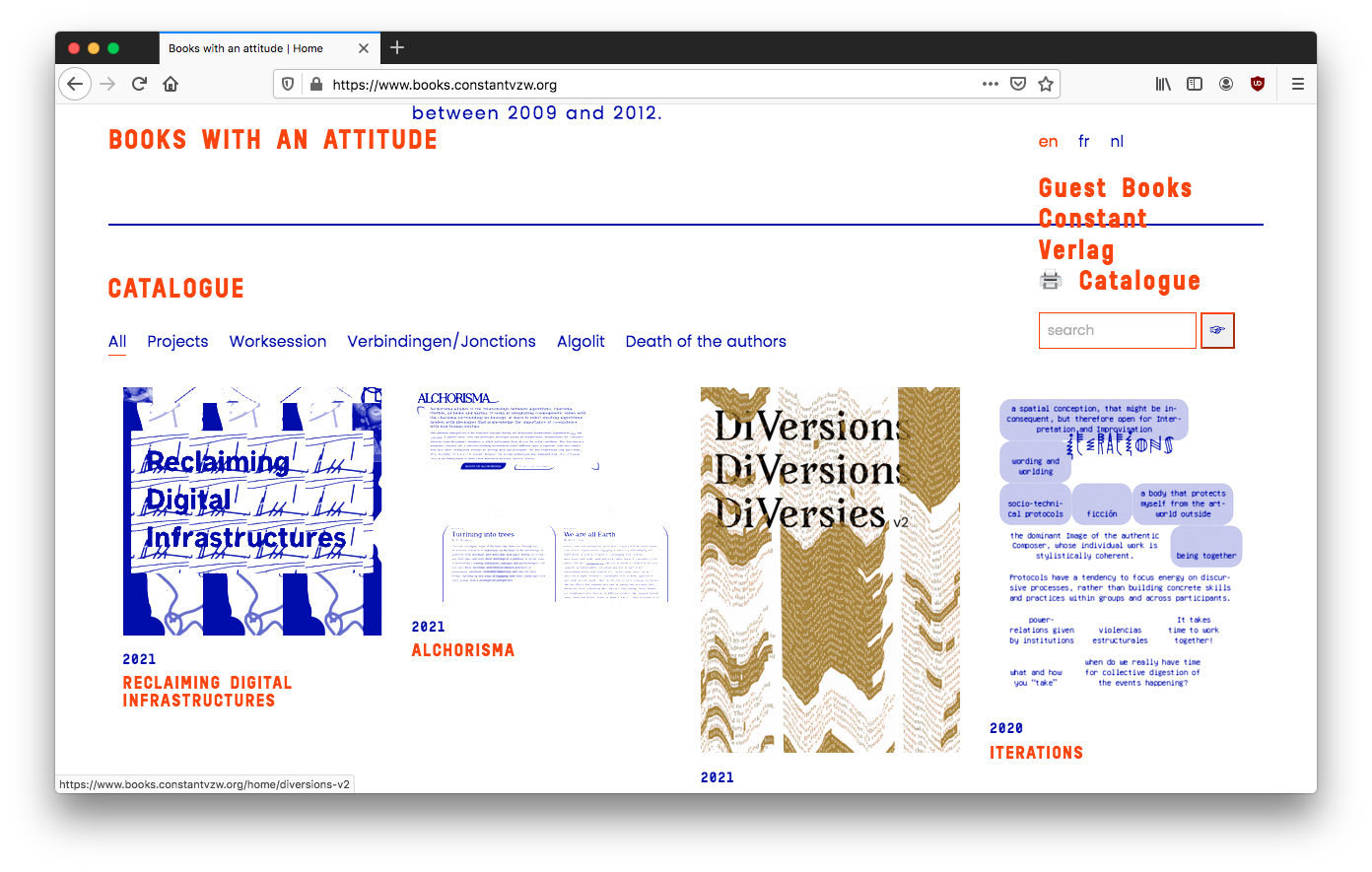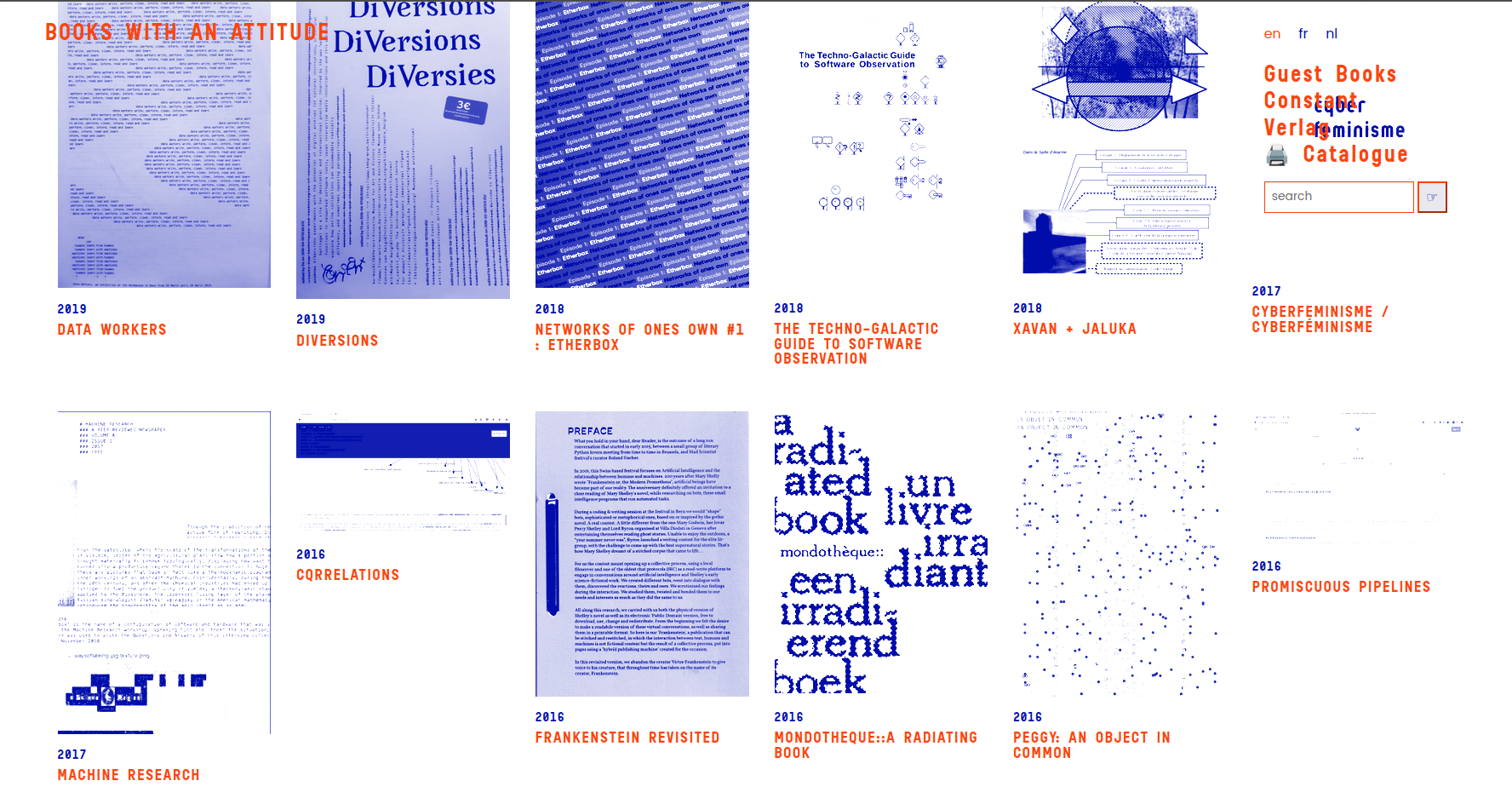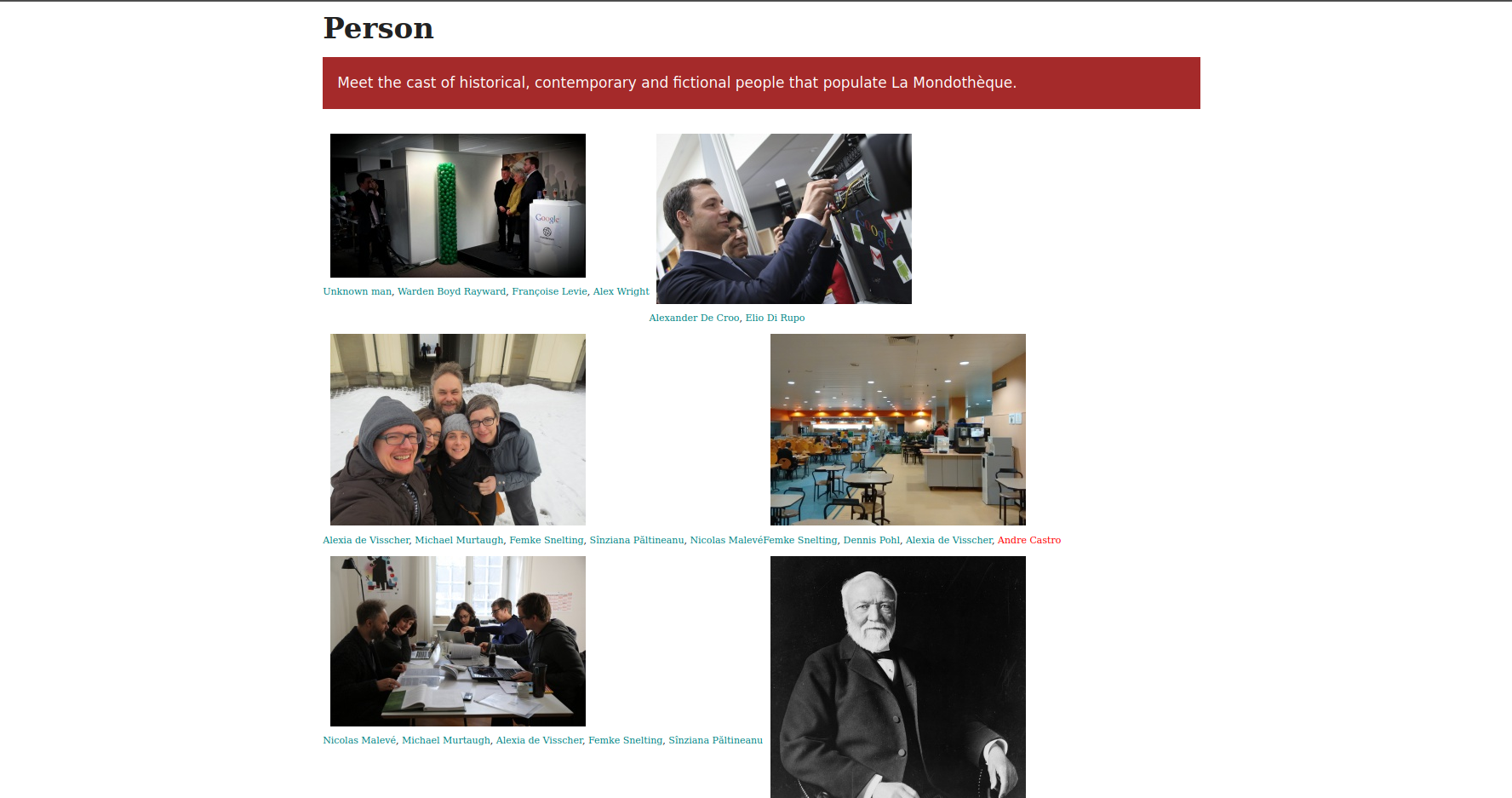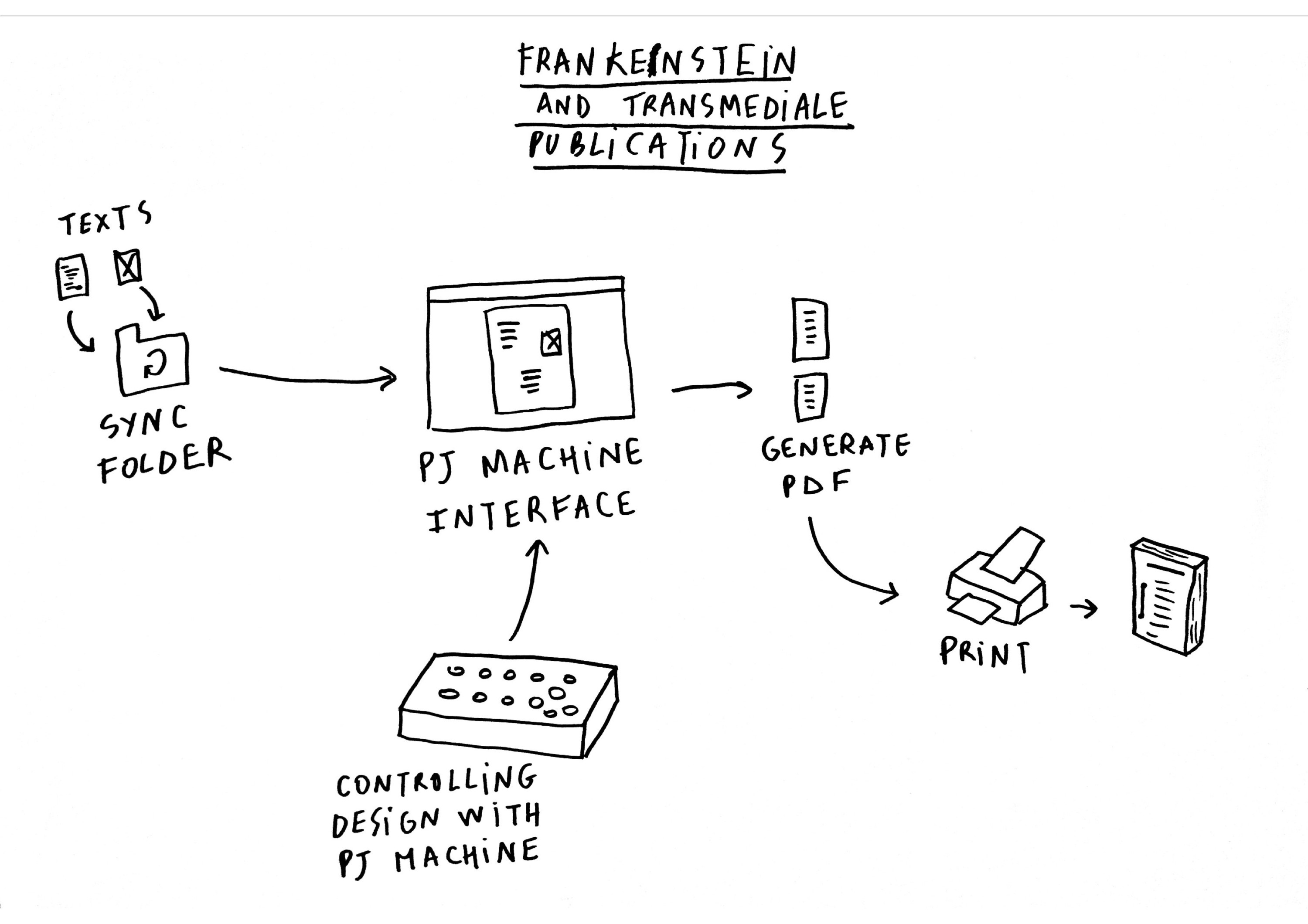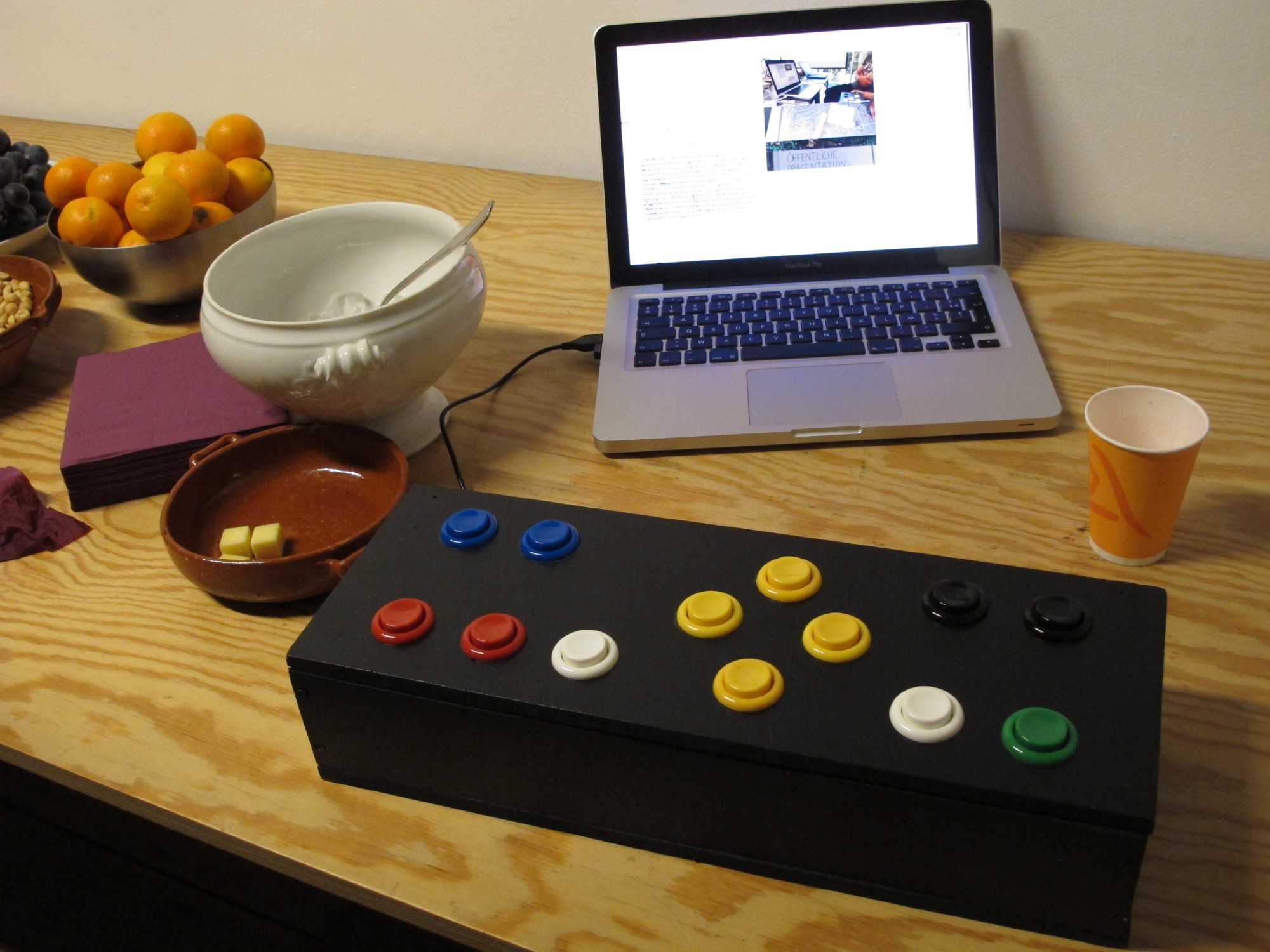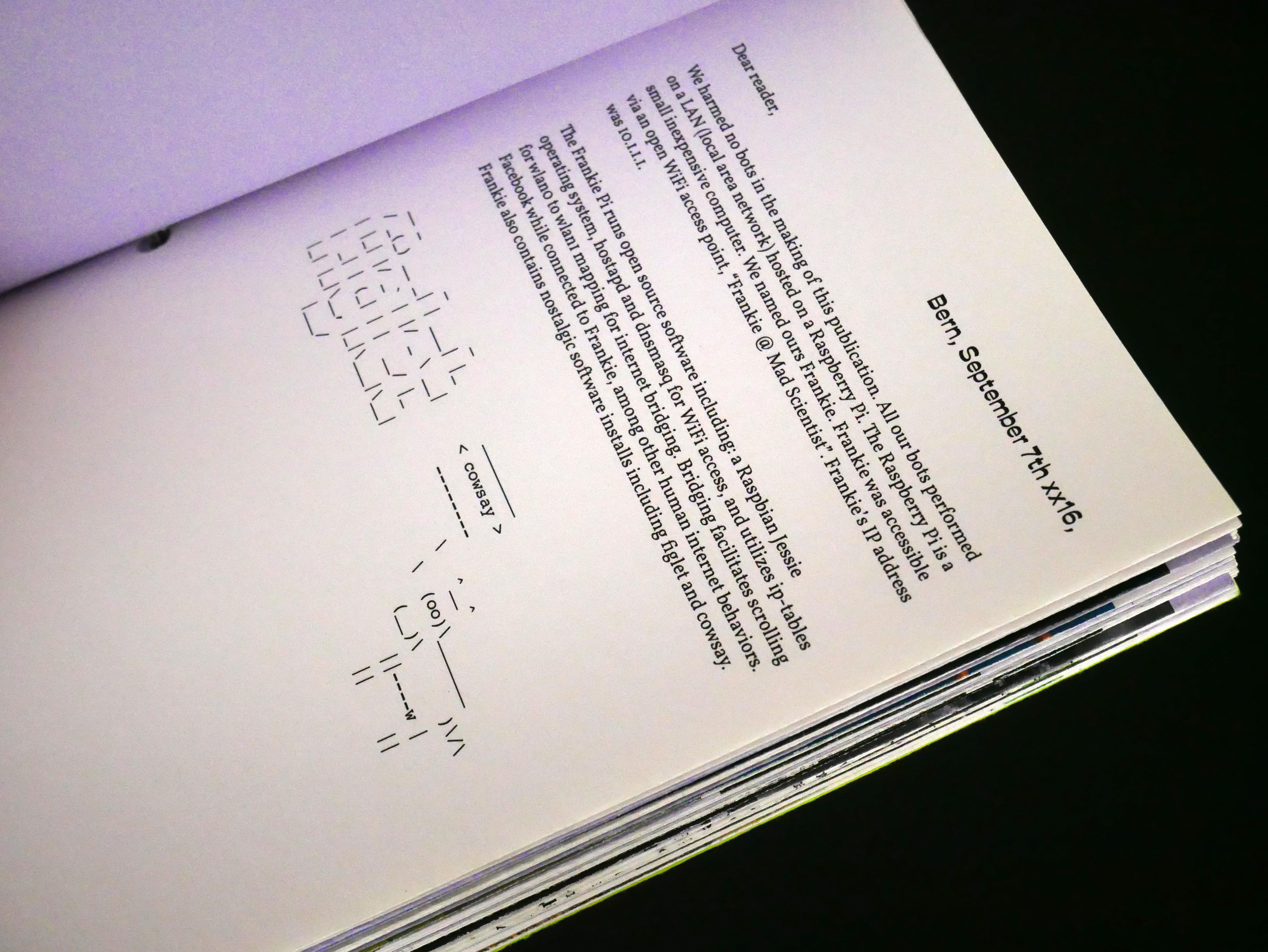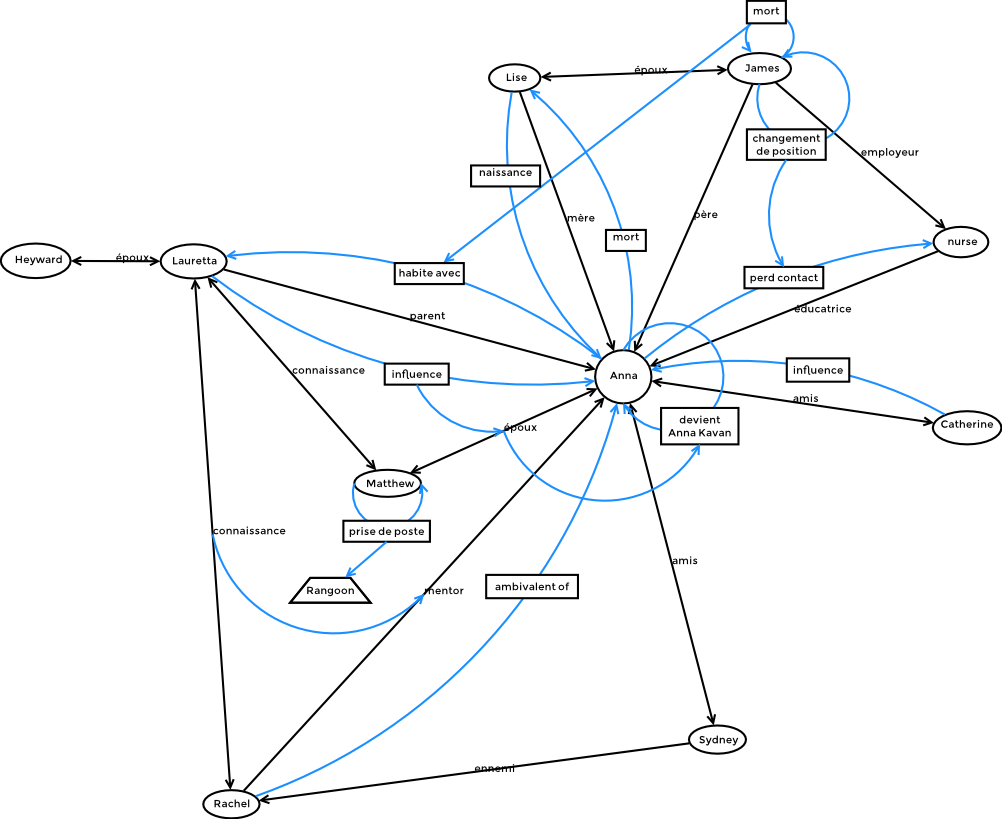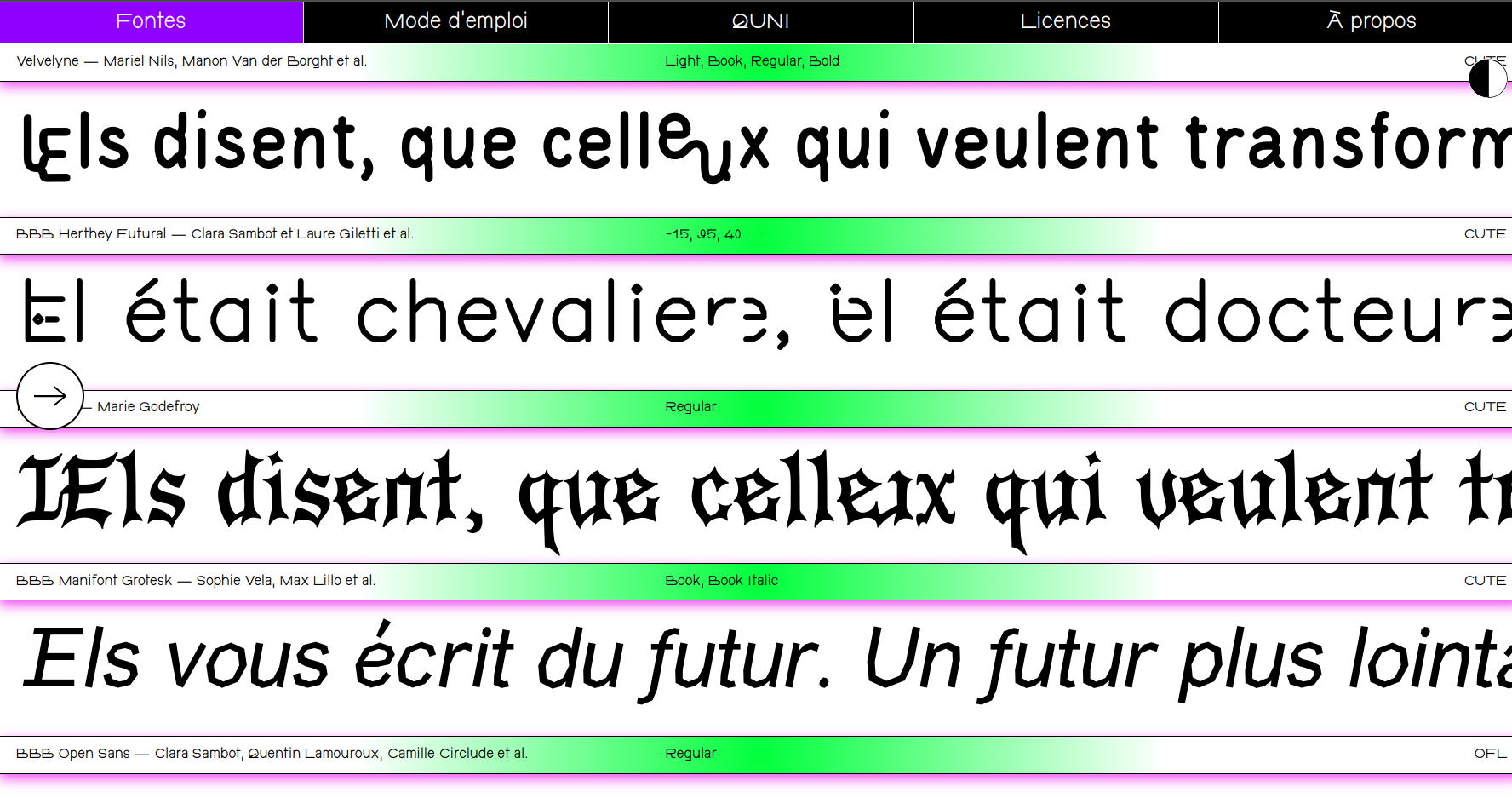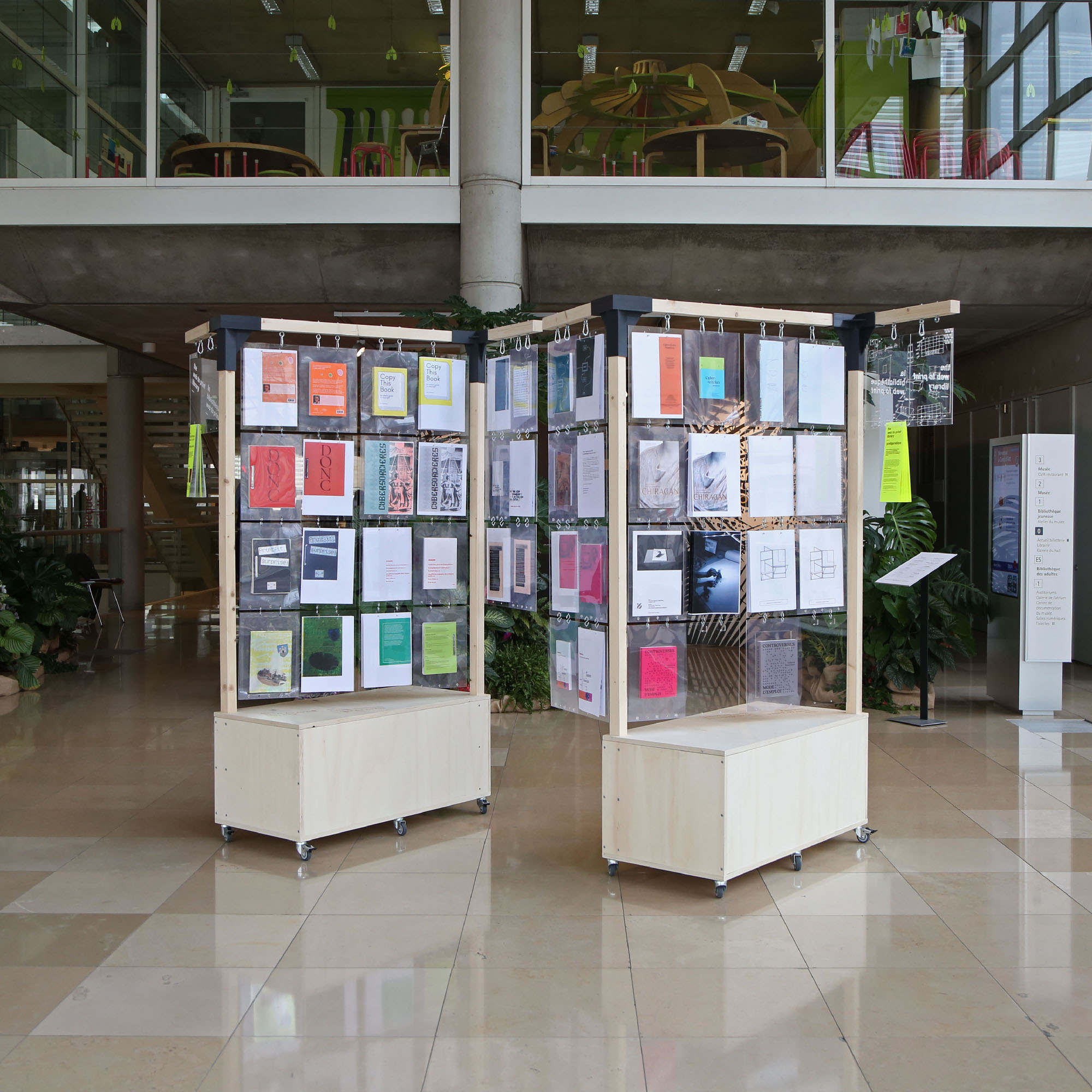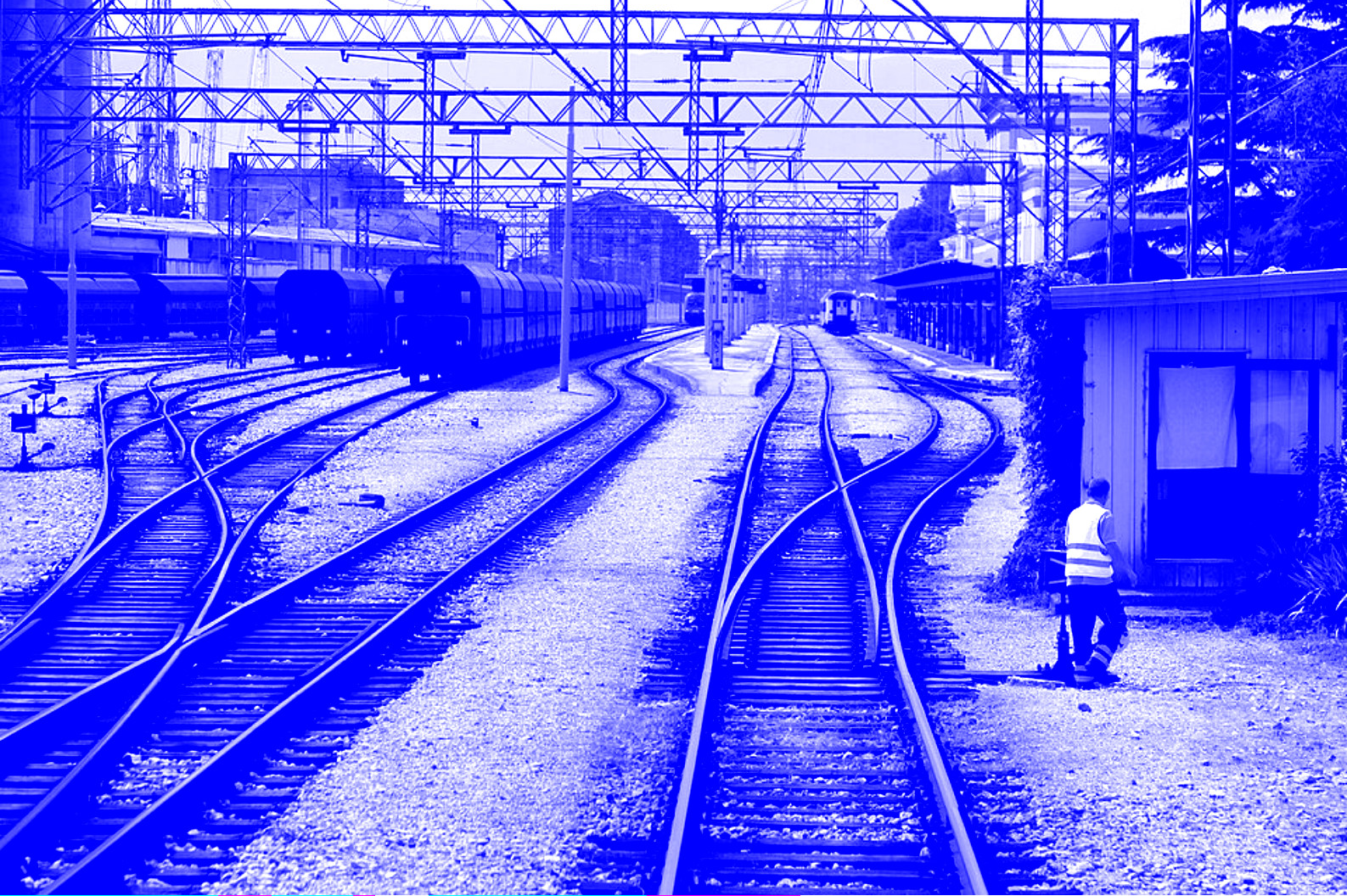
Travel 2 print
Collective - 2025
Sommaire
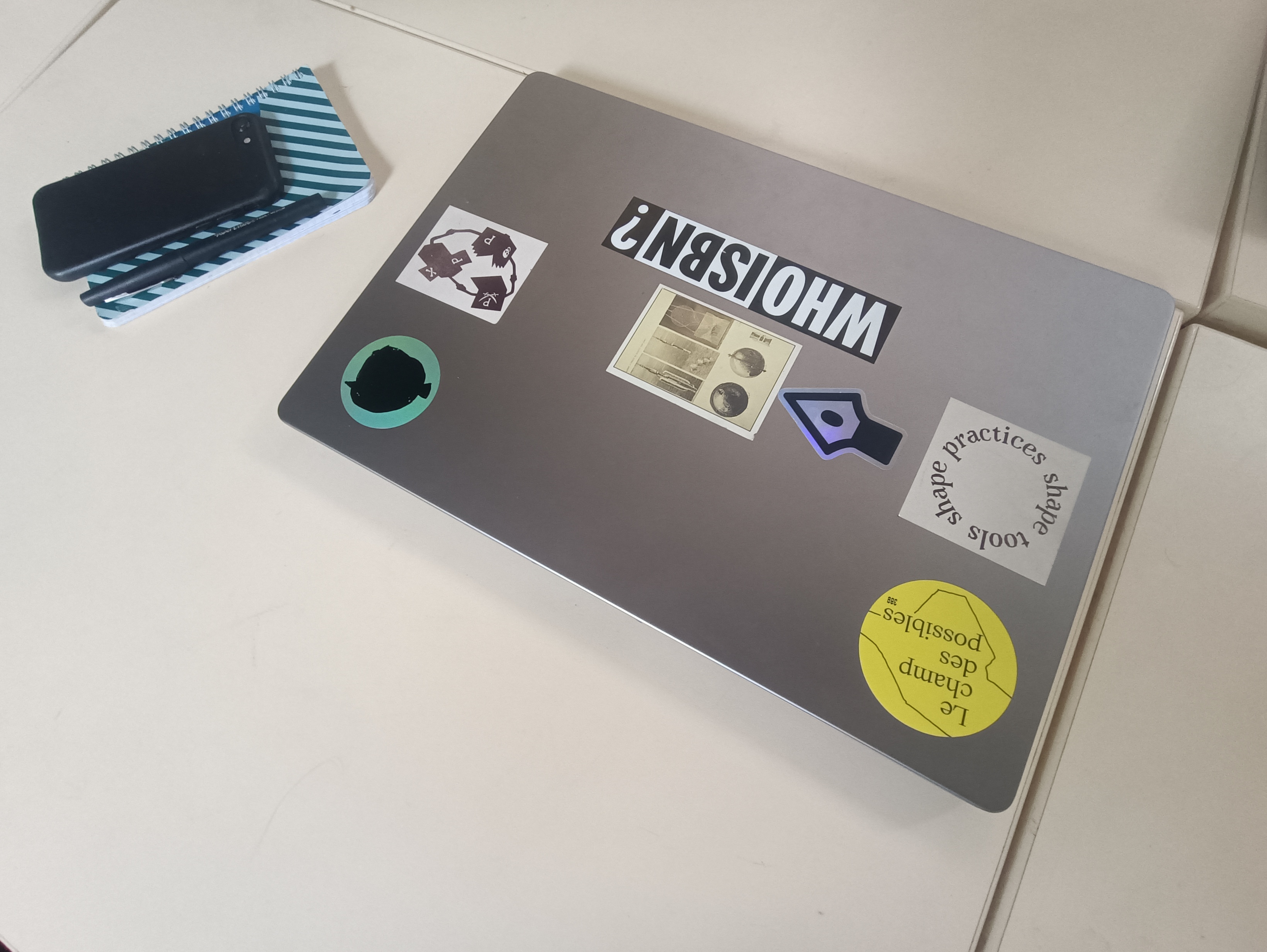
Worksession with Sarah at La Générale in Paris - 5th july 2025
Introduction
Ctrl + Alt + Print
Construire un outil-compagnon pour produire des récits-compagnons.
Expérimenter des formes de récits-compagnons pour développer des usages d’un outil-compagnon.
Un Travel-to-print pour ...
explorer des formes narratives nomades et situées,
tester un outil de publication avec mon fils de 8 ans en voyageant
ouvrir l’outil aux membres de Drugo More lors de notre rencontre à Rijeka
questionner l’auctorialité collective et la réutilisation d’une œuvre à travers la licence CC4r
proposer différents formats de lecture et diffusion (pdf, web, print riso)
Re}connecte
In June 2024, I met Marcell Mars, Valeria Graziano, Tomislav Madek and Davor Mišković who were invited as part of the european project “Figure It Out” during Re/dé}connecte Festival in Orléans, France. All of them work at the intersection of activism, research and postdigital culture. On this occasion, we discussed common interests around pirate libraries, web-to-print tools and hybrid publishing practices.
A year later, I applied to the “Rewilding Culture Mobility Conversation” which allow the grantees to reposition the wild within the field of cultural production and art practices connecting to science and technology. « Travel 2 print » is my contribution to explore mobility with/from a narrative and permapublishing perspective.
An occasion to plan a slow travel by train to Croatia with my 7-year-old son Yuri, to experiment with a web-to-print « tool companion » while traveling to Rijeka, to re-open the conversation with Drugo More members around Read/Write/Print infrastructures as well as reflect on collective authorship and networks of active archives.
In/visible Read Write Print infrastructures
Community care and resources
http://
Hybrid Travel To Print Publishing Protocol
DESIGNER – COMPOSTER L’OUTIL COMPANION : Sarah > Prepostprint + byebyebinary pour les typo
CHEMINER – RACONTER : protocole ouvert Cath + Yuri & all
OUVRIR – CONVERSER : conversations croisées en Croatie
LIRE – IMPRIMER : version web et print imprimé en riso
COPIER – RÉUTILISER : licence Constant
ARCHIVER – DIFFUSER : Dépôt légal ISBN > BNF + diff (Web2print, Books with an attitude, Memory of the world, Monoskop)
ACTIVER – AMPLIFIER : workshops, conf, salon (Kerminy, Lille, Tours, Bourges)
Grand Tour(s)
At eye level
Tours > Paris > Nice
Nice > Venise
Venise > Rijeka
Rijeka > Zagreb
Zagreb > Ljubljana > Paris > Tours
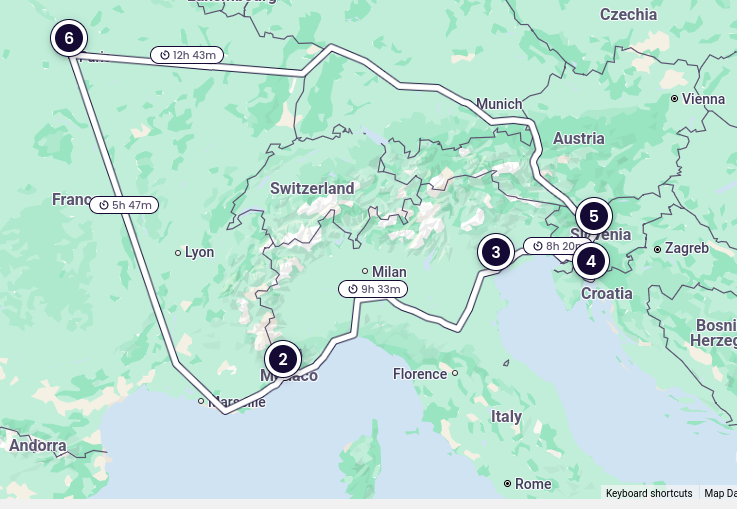
Conversations with
20 > 26th august 2025
Conversation wth Marcell & Valeria in Rijeka
Visiting Drugo More in Rijeka introduced by Davor
Meeting with Tomislav in Zagreb
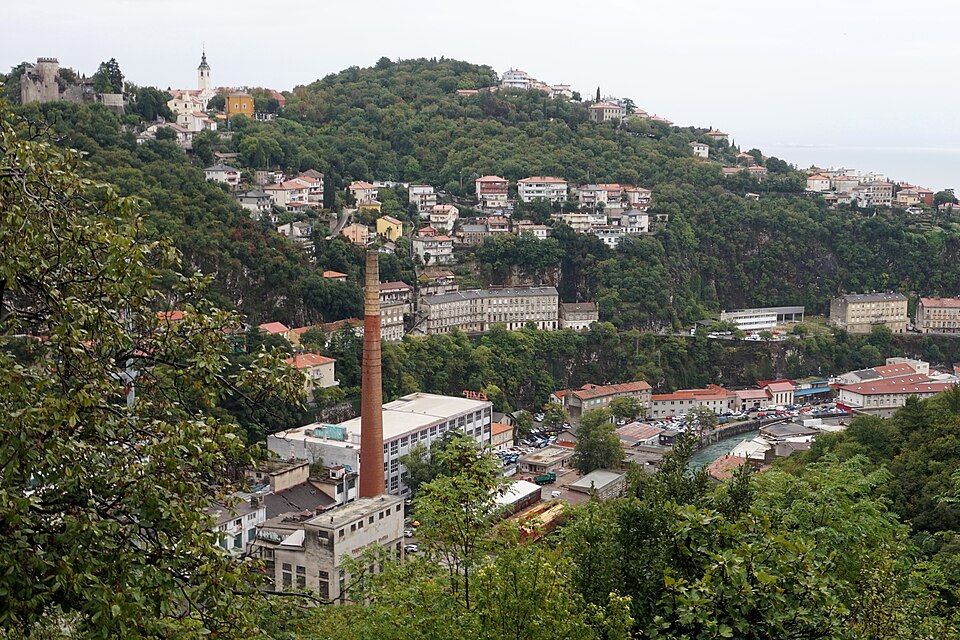
Collective authorship
Backgrounds
Valeria Graziano est une théoricienne de la culture, une universitaire et une organisatrice d’événements ayant une formation en théorie politique et en histoire de la performance artistique. Elle travaille au Centre d’études avancées de l’université de Rijeka. Au fil des ans, elle a participé à de nombreuses initiatives de recherche dans le secteur culturel et les mouvements sociaux, en se concentrant sur la pédagogie populaire et la politique des loisirs, les pratiques de réparation et le refus du travail gratuit, les soins et le piratage. Elle est co-initiatrice du projet PirateCare.
https://monoskop.org/Valeria_Graziano
Marcell Mars est un activiste, un chercheur indépendant et un artiste. Son travail a largement contribué au développement de la société civile en Croatie et au-delà. Marcell est l’un des fondateurs du Multimedia Institute - mi2 (1999) et du Net.culture club MaMa à Zagreb (2000). Il est membre de la Creative Commons Team Croatia. Il est à l’origine du label d’édition GNU GPL EGOBOO.bits (2000), et de divers événements et rassemblements dans le domaine du hacking et des cultures numériques, dont les réunions SkillSharing, réunissant des passionnés de technique et de partage. Il est également à l’origine des projets PublicLibrary (2012) et Memoryoftheworld.org, des infrastructures sociotechniques créées pour faciliter l’accès universel à la connaissance. Marcell joue souvent le rôle de narrateur du projet.
https://monoskop.org/Marcell_Mars
Tomislav Medak est un membre fondateur de l’équipe théorique et éditoriale du Multimedia Institute /MaMa/, à Zagreb, depuis 2000. Co-initiateur du projet Pirate Care, il a fait partie du collectif BADco. Il a obtenu son doctorat au Centre for Postdigital Cultures de l’université de Coventry, en se concentrant sur l’économie politique de la technologie et la crise écologique.
https://monoskop.org/Tomislav_Medak
Valeria Graziano, Marcell Mars et Tomislav Medak animent ensemble Pirate Care, un projet de recherche transnational et un réseau d’activistes, d’universitaires et de praticiens qui s’opposent à la criminalisation de la solidarité et plaident en faveur d’une infrastructure de soins commune.
La plateforme Pirate Care reflète et rassemble les initiatives de soins qui prennent des risques en opérant dans les étroites zones grises laissées ouvertes entre les différents savoirs, institutions et lois, invitant tout le monde à participer à une exploration des implications mutuelles des soins et de la technologie qui osent remettre en question l’idéologie de la propriété privée, du travail et des métriques.
Au cours des deux dernières décennies, les politiques néolibérales ont réorganisé les dispositions en matière de soins de base qui étaient auparavant considérées comme des pierres angulaires de la vie démocratique - soins de santé, logement, accès à la connaissance, droit d’asile, liberté de mobilité, prestations sociales, etc. - en les transformant en outils de surveillance, d’exclusion et de punition des plus vulnérables.
Le nom Pirate Care fait référence aux initiatives qui ont émergé en opposition à ce climat politique en auto-organisant des réseaux de soins et de solidarité basés sur la technologie.
https://pirate.care/pages/concept/
Davor Mišković est le directeur de l’association culturelle Drugo more basée à Rijeka. Titulaire d’une maîtrise en sociologie, il travaille également comme chercheur dans le secteur culturel, et est actif dans la création de politiques culturelles et la gestion d’institutions et de réseaux culturels. De 2009 à 2016, il a été président du réseau culturel national Clubture et a coordonné le développement de la stratégie culturelle dans la région d’Istrie et dans les villes de Pula, Labin et Pazin. Il a contribué à plus de 50 articles dans des magazines et publications culturels et a publié le livre « Research in Culture » (2013). Il a aussi travaillé pour le ministère Croate de la culture et a été associé à temps partiel dans de nombreuses associations culturelles, des agences d’études de marché et des publications. Il a conçu le projet « Dopolavoro », pour structurer la candidature de Rijeka au programme de Capitale Européenne de la Culture en 2020.
Drugo more (L’autre mer, Rijeka, Croatie) est une organisation à but non lucratif qui produit, promeut, recherche et diffuse la culture. Travaillant depuis 1999 dans le domaine des arts et de la culture - au niveau local, régional, international et interdisciplinaire - Drugo More identifie et explore des sujets d’importance sociale et d’intérêt général pour les communautés dans lesquelles nous vivons tous. Considérant l’art comme un outil cognitif important, le programme artistique est associé à des sujets liés à la science contemporaine et à la théorie sociale.
Sarah Garcin (Grcn) …
https://sarahgarcin.com/
YML …
Catherine Lenoble (cathsign) …
https://monoskop.org/Catherine_Lenoble
License
CC4r * Conditions collectives de réutilisations
Copyleft Attitude with a difference - version 1.0
REMINDER TO CURRENT AND FUTURE AUTHORS:
The authored work released under the CC4r was never yours to begin with. The CC4r considers authorship to be part of a collective cultural effort and rejects authorship as ownership derived from individual genius. This means to recognize that it is situated in social and historical conditions and that there may be reasons to refrain from release and re-use.
PREAMBLE
The CC4r articulates conditions for re-using authored materials. This document is inspired by the principles of Free CultureAymeric Mansoux gives an historical overview of the development of non-software licensing during the research day Authors of the Future in 2019 – with a few differences. You are invited to copy, distribute, and transform the materials published under these conditions, and to take the implications of (re-)use into account.
The CC4r understands authorship as inherently collaborative and already-collective. It applies to hybrid practices such as human-machine collaborations and other-than-human contributions. The legal framework of copyright ties authorship firmly in property and individual human creation, and prevents more fluid modes of authorial becoming from flourishing. Free Culture and intersectional, feminist, anti-colonial work reminds us that there is no tabula rasa, no original or single author; that authorial practice exists within a web of references.
The CC4r favours re-use and generous access conditions. It considers hands-on circulation as a necessary and generative activation of current, historical and future authored materials. While you are free to (re-)use them, you are not free from taking the implications from (re-)use into account.
The CC4r troubles the binary approach that declares authored works either ‘open’ or ‘closed’. It tries to address how a universalist approach to openness such as the one that Free licenses maintain, has historically meant the appropriation of marginalised knowledgesClara Balaguer discusses her different practices towards authorship and the pain that can come from authorship when your voice is part of a group that has been historically silenced. It is concerned with the way Free Culture, Free Licenses and Open Access do not account for the complexity and porosity of knowledge practices and their circulation, nor for the power structures active around it. This includes extractive use by software giants and commercial on-line platforms that increasingly invest into and absorb Free Culture.
The CC4r asks CURRENT and FUTURE AUTHORS, as a collective, to care together for the implications of appropriation. To be attentive to the way re-use of materials might support or oppress others, even if this will never be easy to gauge This implies to consider the collective conditions of authorship.
The CC4r asks you to be courageous with the use of materials that are being licensed under the CC4r. To discuss them, to doubt, to let go, to change your mind, to experiment with them, to give back to them and to take responsibility when things might go wrong.
Considering the Collective Conditions for (re-)use involves inclusive crediting and speculative practices for referencing and resourcing. To consider the circulation of materials on commercial platforms as participating in extractive data practices; platform capitalism appropriates and abuses collective authorial practice. To take into account that the defaults of openness and transparency have different consequencesThis text was included in the reader of the worksession. The authors talks about tools and strategies that go against universal openness but instead follows situated contexts. in different contexts. To consider the potential necessity for opacity when accessing and transmitting knowledge, especially when it involves materials that matter to marginalized communities.
This document was written in response to the Free Art License (FAL) in a process of coming to terms with the colonial structuring of knowledge production. It emerged out of concerns with the way Open Access and Free Culture ideologies foregrounding openness and freedom as universal principles might replicate some of the problems with conventional copyright.
DEFINITIONS
« LEGAL AUTHOR » In the CC4r, LEGAL AUTHOR is used for the individual that is assigned as “author” by conventional copyright. Even if the authored work was never theirs to begin with, he or she is the only one that is legally permitted to license a work under a CC4r. This license is therefore not about liability, or legal implications. It cares about the ways copyright contributes to structural inequalities.
« CURRENT AUTHOR » can be used for individuals and collectives. It is the person, collective or other that was involved in generating the work created under a CC4r license. CURRENT and FUTURE AUTHOR are used to avoid designations that overly rely on concepts of ‘originality’ and insist on linear orders of creation.
« FUTURE AUTHOR » can be used for individuals and collectives. They want to use the work under CC4r license and are held to its conditions. All future authors are considered coauthors, or anauthors. They are anauthorized because this license provides them with an unauthorized authorization.
« LICENSE » due to its conditional character, this document might actually not qualify as a license. It is for sure not a Free Culture License. see also: UNIVERSALIST OPENNESS.
« (RE-)USE » the CC4r opted for bracketing “RE” out of necessity to mess up the time-space linearity of the original.« OPEN <-> CLOSED » the CC4r operates like rotating doors… it is a swinging license, or a hinged license.
« UNIVERSALIST OPENNESS » the CC4r tries to propose an alternative to universalist openness. A coming to terms with the fact that universal openness is “safe” only for some.
0. CONDITIONS
The invitation to (re-)use the work licenced under CC4r applies as long as the FUTURE AUTHOR is convinced that this does not contribute to oppressive arrangements of power, privilege and difference. These may be reasons to refrain from release and re-use.
If it feels paralyzing to decide whether or not these conditions apply, it might point at the need to find alternative ways to activate the work. In case of doubt, consult for example https://constantvzw.org/wefts/orientationspourcollaboration.en.html.
1. OBJECT
The aim of this license is to articulate collective conditions for re-use.
2. SCOPE
The work licensed under the CC4r is reluctantly subject to copyright law. By applying CC4r, the legal author extends its rights and invites others to copy, distribute, and modify the work.
2.1 INVITATION TO COPY (OR TO MAKE REPRODUCTIONS)
When the conditions under 0. apply, you are invited to copy this work, for whatever reason and with whatever technique.
2.2 INVITATION TO DISTRIBUTE, TO PERFORM IN PUBLIC
As long as the conditions under 0. apply, you are invited to distribute copies of this work; modified or not, whatever the medium and the place, with or without any charge, provided that you:
attach this license to each of the copies of this work or indicate where the license can be found;
make an effort to account for the collective conditions of the work, for example what contributions were made to the modified work and by whom, or how the work could continue;
specify where to access other versions of the work.
2.3 INVITATION TO MODIFY
As long as the conditions under 0. apply, you are invited to make future works based on the current work, provided that you:
observe all conditions in article 2.2 above, if you distribute future works;
indicate that the work has been modified and, if possible, what kind of modifications have been made.
distribute future works under the same license or any compatible license.
3. INCORPORATION OF THE WORK
Incorporating this work into a larger work (i.e., database, anthology, compendium, etc.) is possible. If as a result of its incorporation, the work can no longer be accessed apart from its appearance within the larger work, incorporation can only happen under the condition that the larger work is as well subject to the CC4r or to a compatible license.
4. COMPATIBILITY
A license is compatible with the CC4r provided that:
it invites users to take the implications of their appropriation into account;
it invites to copy, distribute, and modify copies of the work including for commercial purposes and without any other restrictions tha
n those required by the other compatibility criteria;it ensures that the collective conditions under which the work was authored are attributed unless not desirable, and access to previous versions of the work is provided when possible;
it recognizes the CC4r as compatible (reciprocity);
it requires that changes made to the work will be subject to the same license or to a license which also meets these compatibility criteria.
5. LEGAL FRAMEWORK
Because of the conditions mentioned under 0., this is not a Free License. It is reluctantly formulated within the framework of both the Belgian law and the Berne Convention for the Protection of Literary and Artistic Works.
“We recognize that private ownership over media, ideas, and technology is rooted in European conceptions of property and the history of colonialism from which they formed. These systems of privatization and monopolization, namely copyright and patent law, enforce the systems of punishment and reward which benefit a privileged minority at the cost of others’ creative expression, political discourse, and cultural survival. The private and public institutions, legal frameworks, and social values which uphold these systems are inseparable from broader forms of oppression. Indigenous people, people of color, queer people, trans people, and women are particularly exploited for their creative and cultural resources while hardly receiving any of the personal gains or legal protections for their work. We also recognize that the public domain has jointly functioned to compliment the private, as works in the public domain may be appropriated for use in proprietary works. Therefore, we use copyleft not only to circumvent the monopoly granted by copyright, but also to protect against that appropriation.” [Decolonial Media License]
6. YOUR RESPONSIBILITIES
The invitation to use the work as defined by the CC4r (invitation to copy, distribute, modify) implies to take the implications of the appropriation of the materials into account.
7. DURATION OF THE LICENSE
This license takes effect as of the moment that the FUTURE AUTHOR accepts the invitation of the CURRENT AUTHOR. The act of copying, distributing, or modifying the work constitutes a tacit agreement. This license will remain in effect for the duration of the copyright which is attached to the work. If you do not respect the terms of this license, the invitation that it confers is void. If the legal status or legislation to which you are subject makes it impossible for you to respect the terms of this license, you may not make use of the rights which it confers.
8. VARIOUS VERSIONS OF THE LICENSE
You are invited to reformulate this license by way of new, renamed versions. Link to license on gitlab. You can of course make reproductions and distribute this license verbatim (without any changes).
9. USER GUIDE
– How to use the CC4r?
To apply the CC4r, you need to mention the following elements:
[Name of the legal author, title, date of the work. When applicable, names of authors of the common work and, if possible, where to find other versions of the work].
Copyleft with a difference: This is a collective work, you are invited to copy, distribute, and modify it under the terms of the CC4r [link to license].
Short version: Legal author=name, date of work. CC4r [link to license]
– Why use the CC4r?
To remind yourself and others that you do not own authored works;
To not allow copyright to hinder works to evolve, to be extended, to be transformed;
To allow materials to circulate as much as they need to;
Because the CC4r offers a legal framework to disallow mis-appropriation by insisting on inclusive attribution. Nobody can take hold of the work as one’s exclusive possession.
– When to use the CC4r?
Any time you want to invite others to copy, distribute and transform authored works without exclusive appropriation but with considering the implications of (re-)use, you can use the CC4r. You can for example apply it to collective documentation, hybrid productions, artistic collaborations or educational projects.
– What kinds of works can be subject to the CC4r?
The Collective Conditions for re-use can be applied to digital as well as physical works.You can choose to apply the CC4r for any text, picture, sound, gesture, or whatever material as long as you have legal author’s rights.
– Background of this license:
The CC4r was developed for the Constant worksession Unbound libraries (spring 2020) and followed from discussions during and contributions to the study day Authors of the future (Fall 2019). It is based on the Free Art License and inspired by other licensing projects such as the (Cooperative) Non-Violent Public License and the Decolonial Media license. Copyleft Attitude with a difference, 6 October 2020. Read more about CC4r in: “Collectively Setting Conditions for Re-Use” (Elodie Mugrefya & Femke Snelting, MARCH, spring 2022)
Credits
Travel 2 print is one the 8 laureates granted by the Rewiling Cultures Mobility Conversation program.
Rewilding Cultures is co-funded by the Creative Europe programme of the European Union, which aims to support European projects in the field of cultural production and innovation. The partner associations include ART2M / Makery (FR), Bioart Society (FI), The Culture Yard (DK) (DK), Cultivamos Cultura (PT), Ionian University (GR), Radiona (HR) Schmiede Hallein (AT) and Projekt Atol (SI) which leads the project. More information on the project available on the Rewilding Cultures website.
Thanks to Ewen, Marcell, Valeria, Tomislav, Davor, Sarah …
Number of copies:
Fonts:
Design process: web to print
Graphic design: Sarah Garcin
tools shape practicses shape tools shape practicses shape tools shape practicses shape tools shape practicses shape tools shape practicses shape tools shape practicses shape tools shape practicses shape tools shape practicses shape tools shape practicses shape tools shape practicses shape tools shape practicses shape tools shape practicses shape tools shape practicses shape tools shape practicses shape tools shape practicses shape tools shape practicses shape tools shape practicses shape tools shape practicses shape tools shape practicses shape tools shape practicses shape tools shape practicses shape tools shape practicses shape tools shape practicses shape tools shape practicses shape tools shape practicses shape tools shape practicses shape tools shape practicses shape tools shape practicses shape tools shape practicses shape tools shape practicses shape tools shape practicses shape tools shape practicses shape tools shape practicses shape tools
